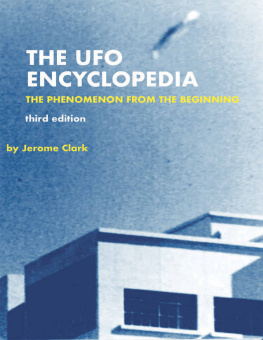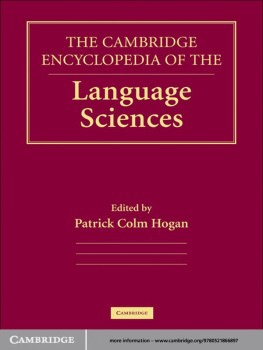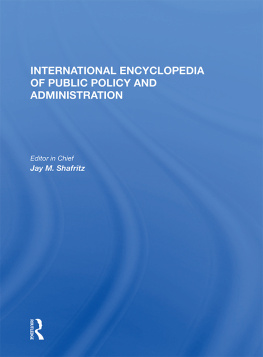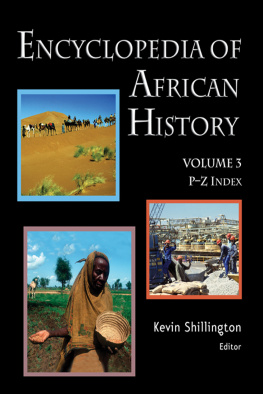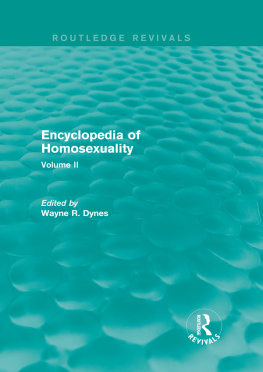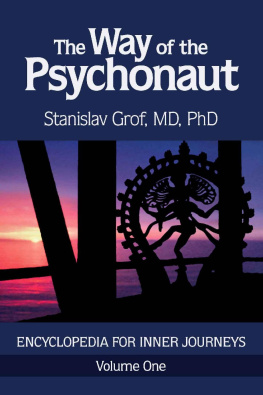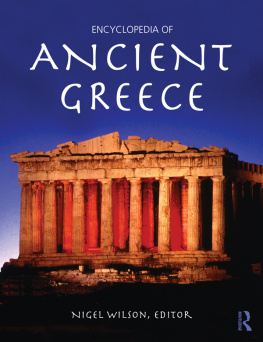Dikeman MDevine CarrickDevine CDikeman - Encyclopedia of Meat Sciences, Three-Volume Set
Here you can read online Dikeman MDevine CarrickDevine CDikeman - Encyclopedia of Meat Sciences, Three-Volume Set full text of the book (entire story) in english for free. Download pdf and epub, get meaning, cover and reviews about this ebook. year: 2013, publisher: Elsevier Ltd., genre: Romance novel. Description of the work, (preface) as well as reviews are available. Best literature library LitArk.com created for fans of good reading and offers a wide selection of genres:
Romance novel
Science fiction
Adventure
Detective
Science
History
Home and family
Prose
Art
Politics
Computer
Non-fiction
Religion
Business
Children
Humor
Choose a favorite category and find really read worthwhile books. Enjoy immersion in the world of imagination, feel the emotions of the characters or learn something new for yourself, make an fascinating discovery.

- Book:Encyclopedia of Meat Sciences, Three-Volume Set
- Author:
- Publisher:Elsevier Ltd.
- Genre:
- Year:2013
- Rating:4 / 5
- Favourites:Add to favourites
- Your mark:
- 80
- 1
- 2
- 3
- 4
- 5
Encyclopedia of Meat Sciences, Three-Volume Set: summary, description and annotation
We offer to read an annotation, description, summary or preface (depends on what the author of the book "Encyclopedia of Meat Sciences, Three-Volume Set" wrote himself). If you haven't found the necessary information about the book — write in the comments, we will try to find it.
Encyclopedia of Meat Sciences, Three-Volume Set — read online for free the complete book (whole text) full work
Below is the text of the book, divided by pages. System saving the place of the last page read, allows you to conveniently read the book "Encyclopedia of Meat Sciences, Three-Volume Set" online for free, without having to search again every time where you left off. Put a bookmark, and you can go to the page where you finished reading at any time.
Font size:
Interval:
Bookmark:
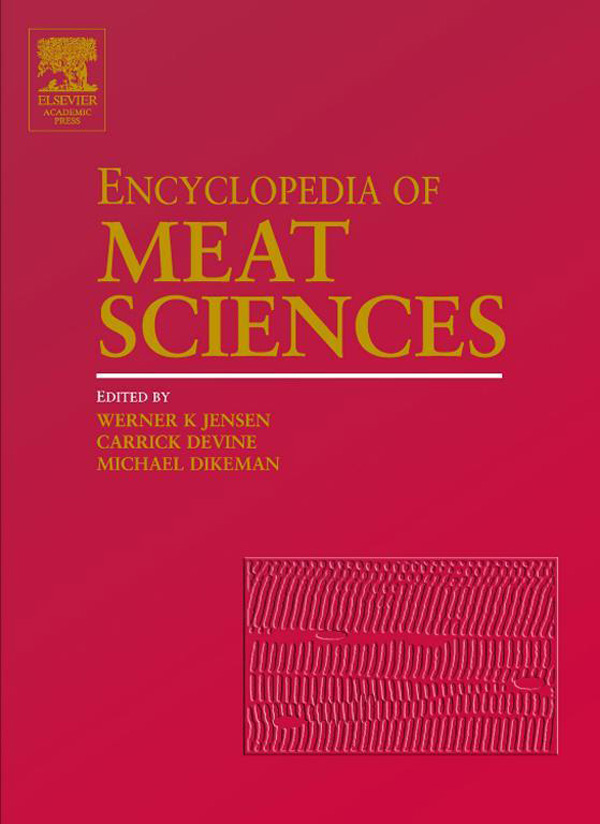
Edited by
Werner Klinth Jensen
Danish Meat Research Institute (retired), Roskilde, Denmark
Carrick Devine
Michael Dikeman

Werner Klinth Jensen
Danish Meat Research Institute (retired), Roskilde, Denmark
Carrick Devine
Horticulture and Food Research Institute of New Zealand Ltd, Hamilton, New Zealand
Michael Dikeman
Kansas State University, Manhattan, KS, USA
J R Andersen , Danish Meat Research Institute, Roskilde, Denmark
P Barton Gade , Danish Meat Research Institute (retired), Roskilde, Denmark
R G Bell , AgResearch Ltd (retired), Hamilton, New Zealand
N J Beraquet , Instituto de Tecnologia de Alimentos, Campinas SP, Brazil
A Borys , Meat and Fat Research Institute, Warsaw, Poland
B Chrystall , Auckland University of Technology, Auckland, New Zealand
A Diestre , Pig Improvement Company Europe, Sant Cugat del Valls, Spain
E Dransfield , Institut National de la Recherche Agronomique, St-Gens-Champanelle, France
Z Duda , Agricultural University of Wroclaw (retired), Wroclaw, Poland
G Eikelenboom , Animal Science Group (retired), Wageningen UR, Lelystad, The Netherlands
S B El-Magoli , Cairo University, Cairo, Egypt
J C Forrest , Purdue University, West Lafayette, IN, USA
C O Gill , Agriculture and Agri-Food Canada, Lacombe, AB, Canada
N G Gregory , Royal Veterinary College and BBSRC, Hatfield, UK
J D Higgs , Food To Fit (Nutrition Consultancy), Towcester, Northamptonshire, UK
H F Ho , SilverPeak Pte Ltd, Singapore
K O Honikel , Federal Research Centre for Nutrition and Food, Kulmbach, Germany
K Jakobsen , Danish Institute of Agricultural Sciences, Tjele, Denmark
R G Kauffman , University of Wisconsin, Madison, WI, USA
D H Kropf , Kansas State University, Manhattan, KS, USA
S J Lovatt , AgResearch Ltd, Hamilton, New Zealand
G Monin , Institut National de la Recherche Agronomique, St-Gens-Champanelle, France
E Puolanne , University of Helsinki, Helsinki, Finland
R E Rust , Iowa State University (retired), Ames, IA, USA
G R Schmidt , Colorado State University, Fort Collins, CO, USA
F J M Smulders , University of Veterinary Medicine Vienna, Vienna, Austria
I Tchernoukha , The VM Gorbatov All-Russian Meat Research Institute, Moscow, Russia
D J Troy , The National Food Centre, Dublin, Ireland
A Watanabe , Tohoku National Agricultural Research Center, Morioka, Iwate, Japan
J D Wood , University of Bristol, Bristol, UK
New Zealand is a nation founded on agriculture and, accordingly, agricultural science. Since the earliest days of European settlement, it has relied on technological and scientific advances to increase on-farm productivity and to develop new and innovative agricultural products and new ways of processing, packaging, transporting and marketing those products. I grew up on a sheep and cattle farm in the Waikato, our countrys agricultural engine room, so I have a personal understanding of the importance of our agricultural sector.
The science of agriculture, and in particular that related to animal production and meat science, as described in this encyclopedia, is reflected in the development of new technologies in many countries, of which New Zealand is an excellent example. New Zealand sits at the bottom of the South Pacific. It is a small country and the nearest large neighbour, Australia, is over 2000 kilometres away. Throughout New Zealands history, this tyranny of distance has presented particular challenges to its agricultural export industries. The technological challenges have been overcome through science; the trade challenges through determination and brainpower. Until some thirty years ago, New Zealand had a heavy reliance on the British market. When Britain entered the then EEC, our country moved to diversify its export markets and the types of goods and services exported.
The country now has a much more sophisticated economy. There has been a rapid increase in exports from the medium- and high-tech industries, and exports of high-value manufactured goods have doubled over the past ten years. Additionally, many new industries have emerged and flourished over the past decade. These include the software, electronics, biotechnology, media and film, marine and wine industries. Many of our emerging star industries leverage off our long-established agricultural science expertise; our biotechnology industry is a case in point.
New Zealand is the worlds largest exporter of sheep meat, accounting for 55 % of world sheep meat export trade (excluding trade within the EU). That is extraordinary for a country of just 4 million people. New Zealand lamb is also admired for its quality. For example, a survey of British shoppers by the UK Meat and Livestock Commission in 2002 revealed that New Zealand clearly outscored all other countries as the preferred country of origin for lamb purchases. New Zealand beef is also internationally famous for its quality, its taste and its tenderness. Our meat industry also encompasses venison, poultry, pigs, and exotic fare such as ostrich. New Zealand is able to produce such quality meats because our animals are raised on a diet of fresh pasture, and also because of the advances made in meat sciences.
Todays consumers demand rigorous standards, not only in the quality of the products but in how they are produced. That is why the New Zealand government, among others, views sustainable farming as important and achievable. Several countries, including ours, are investing significant resources in research into sustainable agriculture. New Zealand has legislation in place to protect the welfare of farm animals and of the animals used in scientific research; slaughter procedures in use today are humane. Indeed, the meat industry worldwide has taken up the concerns of the general public with a renewed emphasis on animal welfare. The effects of stress on meat quality have been, and still are, an important area of research.
This Encyclopedia is an impressive and important body of work. It covers breeding and genetics, biotechnology, processing, quality, welfare, food safety, health, and much more about the science of meat. It will be an invaluable resource to practitioners of meat science and students alike. I congratulate all the contributors and the editors on a task well done.
Helen Clark Rt Hon
Prime Minister of New Zealand
Wellington, New Zealand
October 2003
The Encyclopedia of Meat Sciences covers all the essential meat topics, ranging from animal production, processing, analytical procedures and food safety to final consumption, including consumer issues and health aspects. There are more than 200 entries in the Encyclopedia, and these provide a greater breadth of coverage than any other existing work on meat science. In addition to publication in print, the Encyclopedia will be made available for licensing online; this format will allow for regular updating. The articles are designed to bring a non-expert up to a level sufficient to understand the interactions among the various disciplines covered in the articles. Most articles are 3000\N4000 words long and include a list of further reading for in-depth studies that would be beyond the scope of this work. The Encyclopedia is, therefore, a valuable resource for several levels of education and experience.
Font size:
Interval:
Bookmark:
Similar books «Encyclopedia of Meat Sciences, Three-Volume Set»
Look at similar books to Encyclopedia of Meat Sciences, Three-Volume Set. We have selected literature similar in name and meaning in the hope of providing readers with more options to find new, interesting, not yet read works.
Discussion, reviews of the book Encyclopedia of Meat Sciences, Three-Volume Set and just readers' own opinions. Leave your comments, write what you think about the work, its meaning or the main characters. Specify what exactly you liked and what you didn't like, and why you think so.

